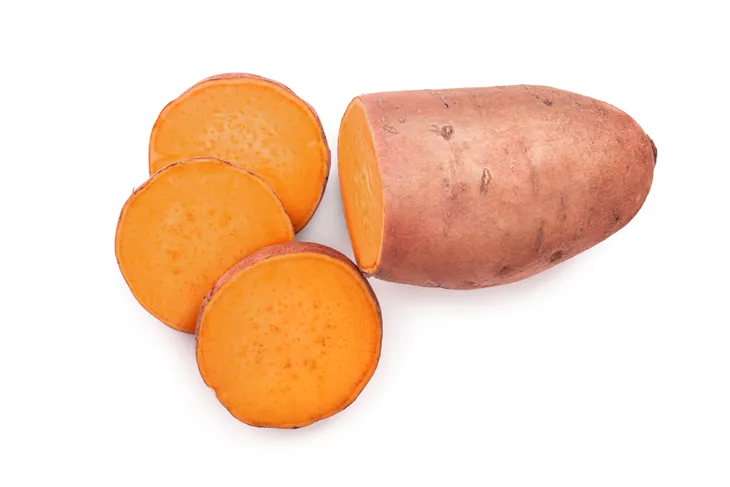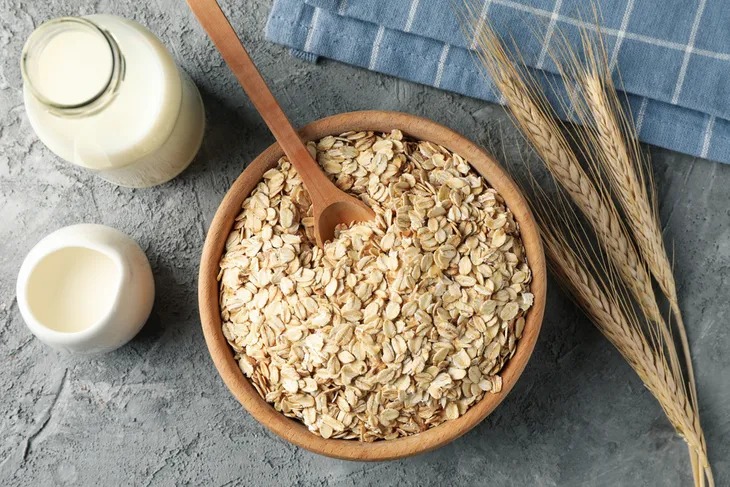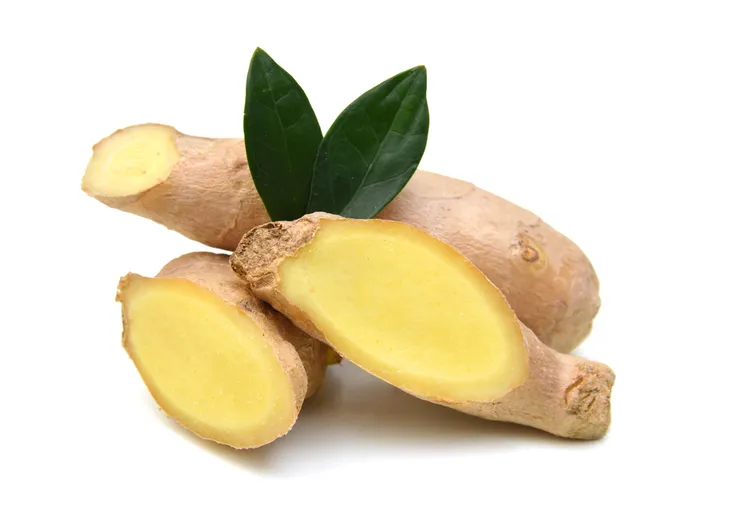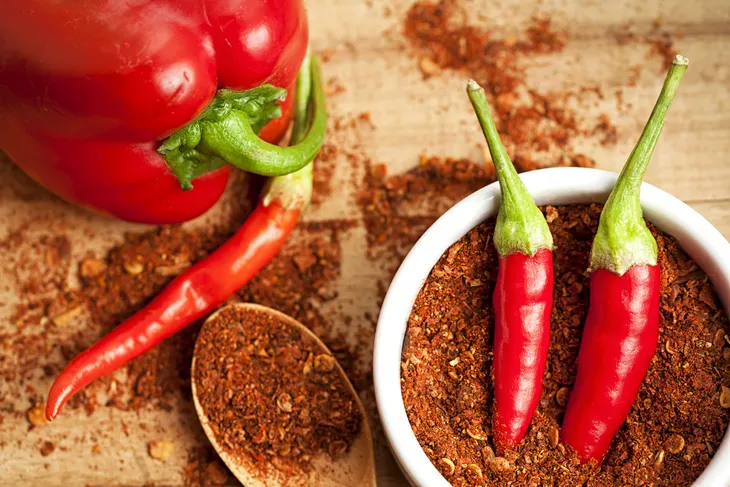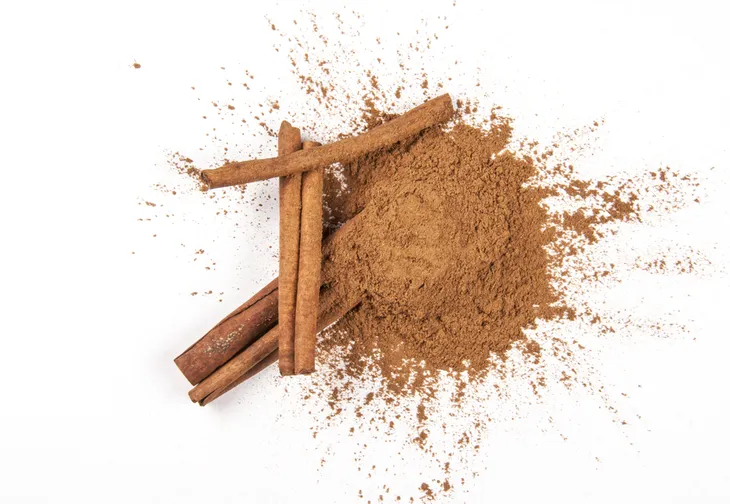How satisfied did you feel this morning after noshing on that sesame seed bagel with cream cheese? It’s surprising how after consuming almost 700 calories in one sitting, you can already be itching for a trip to the vending machine!
Certain foods (healthy foods that promote fullness) can actually help curb calories and weight gain. If weight loss is the goal, try incorporating these 10 tummy-pleasing fillers into your weekly meal planning!
Avocado
Avocados are jam-packed with fiber and heart-healthy monounsaturated fat, which both help suppress a hungry appetite and make you feel full. Just be sure to eat them in moderation as they are quite high in fat—good fat—but still, it is fat!
Sweet Potatoes
Sweets are healthier alternatives to starchy white potatoes. Why? Because they are a high source of vitamin C and vitamin A—minus the soaring carbohydrates and empty calories.
Plus they contain a particular type of starch that resists digestive enzymes so they remain in your stomach, making you feel satiated for longer.
Oats
Swap that morning bagel and cream cheese with a bowl of slow-digesting oats and you’ll feel full well into the lunch hour. That’s right, oats contain a hunger-satiating hormone, called ghrelin, and they’re also extremely low on the glycemic index.
Just stick to plain oats and add your own natural sugars from honey, apple butter, vanilla, cinnamon, agave syrup, or a touch of real maple syrup.
Water
Studies show that oftentimes when you get hunger pangs, your body is trying to tell you that you’re just thirsty. So before you slam a box of cookies; try taming your appetite with a cold glass of water to see if it’s just dehydration. Research shows that those who drink a glass or two of water before a meal—eat less!
Almonds
A handful of almonds to nosh on when you’re feeling nibblie can be enough to squelch those temptations for something crunchy between meals. Almonds are an excellent source of antioxidants, vitamin E, and magnesium, but keep your servings to a handful for a healthy snack!
Ginger
Ginger root has been used for decades, throughout many cultures for its digestive prowess. Sliced and added to a smoothie, sprinkled on a stir fry, or steeped in tea, ginger actually stimulates the body and eases the digestive process, in turn, making your tummy feel comfortable and content.
Green Tea
My nutritionist recommended a cup of green tea mid day to curb my 2:30 pm snack attack at work! And you know what? It worked like a charm because green tea contains catechins, which help inhibit the movement of glucose into fat cells, keeping blood sugar and insulin balanced and regular so you don’t experience a blood sugar crash that only a chocolate bar can satisfy.
Cayenne Pepper
Add a little spice to your day with a sprinkle of cayenne pepper on your meals. A mere half teaspoon will boost your metabolism and keep you burning calories even when you’re not moving. In fact, studies show that adding a half teaspoon of the spice to 2 meals each day, for one month will result in 3 to 4 pounds of weight shed.
Cinnamon
I use cinnamon on everything—in my coffee, on my oatmeal, and on fruit and yogurt. Sure, the no calorie spice tastes great, but it also helps lower your blood sugar levels, thus curbing your appetite!
Coffee
Have you ever noticed that after a cup of coffee, you’re not as famished? One to 2-cups a day (a moderate amount) will infuse you with vital antioxidants (from the coffee beans), which works to boost your metabolism so you’re more alert and active, and also curbs the appetite.
Just resist adding extra fat and calories with sugar and cream. Drink it black or use low fat coffee whiteners and sweeteners (like Stevia or agave syrup).



